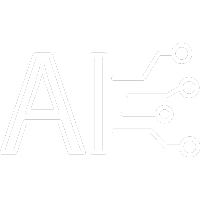
- Linux server management software for businesses
- Red hat Server: the global leader in enterprise Linux
- Why choose Red Hat Server
- SUSE Enterprise Server: stability and modularity
- Ubuntu Server: flexibility for businesses of all sizes
- Database management with CentOS
- Linux Mint: Simplicity and Flexibility
- The Solution at Your Fingertips!
- Management Software for Windows Servers
Linux server management software for businesses
There are numerous management software applications designed for businesses using Linux servers. Despite Windows being the most common OS for computers, Linux stands as a highly efficient alternative, especially for professional use. It offers significant advantages in terms of cost savings, versatility, and security.
Red hat Server: the global leader in enterprise Linux
Red Hat Server is one of the most well-known enterprise Linux platforms worldwide. It provides a professional-grade approach to IT environments, ensuring operational efficiency and advanced management capabilities. With military-grade security standards through SELinux, it minimizes the risks of data breaches and intrusions. Red Hat also excels in container management, which allows applications to run in isolated environments. Its superior stability and security make it a preferred choice for SysAdmins managing complex IT infrastructures.
Why choose Red Hat Server
Red Hat optimizes hardware resource management, offering high performance for systems dealing with heavy workloads. Its strong collaboration with major hardware vendors ensures broad compatibility. Additionally, its flexibility in handling complex databases and seamless resource management eliminates bottlenecks, further enhancing performance.
SUSE Enterprise Server: stability and modularity
Another robust option is SUSE Enterprise Server, known for its modularity and stability. It efficiently handles massive workloads and meets the security standards set by the U.S. federal government. SUSE is highly reliable, supporting physical, virtual, and cloud environments. Various subscription options offer different support levels, including 24/7 priority support for critical operations.
Ubuntu Server: flexibility for businesses of all sizes
Ubuntu Server is a flexible, free solution suitable for businesses of any size. Released semi-annually, it benefits from regular updates to keep up with the latest technological advancements. Ubuntu stands out for its high security standards and cross-platform compatibility, supporting both Mac OS X and Windows. Based on the powerful Debian distribution, it ensures reliability and scalability.
Database management with CentOS
For traditional applications and database management, CentOS is a standout solution. Sharing many features with Red Hat Enterprise Linux, CentOS excels in cloud computing and web projects. Its strong community support ensures ongoing development and stability, and like other Linux solutions, it’s freely available for download.
Linux Mint: Simplicity and Flexibility
Linux Mint is another great option for business environments, especially those requiring DEB package compatibility. The Cinnamon desktop provides a Windows-like interface with a user-friendly menu, taskbar, and file manager, making it simple to implement within mixed infrastructures, including those running Windows.
The Solution at Your Fingertips!
If you’re unsure about which Linux server management software best suits your business or need a custom solution, @tnsolutions.it offers personalized development services. We can create bespoke management applications tailored to your business needs. Contact us today for expert assistance!
Management Software for Windows Servers
For an in-depth look at the best management software for Windows servers, check out our dedicated article.













